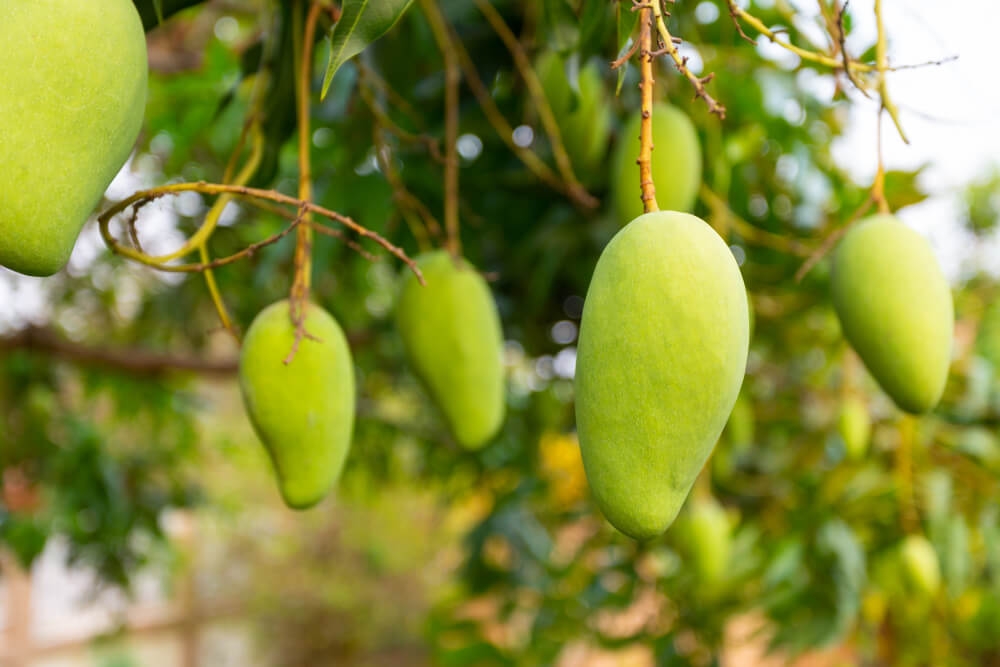Ginger tea and natural remedies

Pregnancy Cycle Series – Eating Well for You and Baby
Pregnancy is a beautiful journey, but it can also come with its fair share of challenges especially during the first trimester. One of the most common symptoms experienced by expectant mothers is morning sickness, characterized by nausea and vomiting, typically occurring during the early hours of the day but often lasting throughout. While this condition varies in intensity from woman to woman, many seek safe, natural ways to find relief without relying heavily on medications. One of the most trusted natural remedies? Ginger tea.
🍵 Why Ginger Tea?
Ginger has been used for centuries as a natural remedy for a wide range of digestive issues, including nausea. Scientific research supports its effectiveness, particularly in pregnant women.
Key Benefits of Ginger Tea:
-
Reduces nausea and vomiting by relaxing the stomach muscles.
-
Stimulates saliva and digestive enzymes, helping settle the stomach.
-
Naturally soothing and warming ideal during pregnancy discomfort.
-
Caffeine-free and hydrating.
Note: The American College of Obstetricians and Gynecologists (ACOG) recognizes ginger as a safe and effective treatment for nausea during pregnancy when used in moderation.
☕ How to Make Ginger Tea
Ingredients:
-
1–2 inches of fresh ginger root (peeled and sliced)
-
1.5 cups of water
-
Optional: honey or lemon for taste
Instructions:
-
Boil the water in a small pan.
-
Add the sliced ginger and let it simmer for 10–15 minutes.
-
Strain the tea into a cup.
-
Add a teaspoon of honey or a few drops of lemon juice if desired.
Drink this tea 1–2 times a day, preferably in the morning or after meals. Always consult your healthcare provider about dosage and frequency.
🌼 Other Natural Remedies for Morning Sickness
In addition to ginger tea, here are other gentle, natural remedies that may help ease nausea during pregnancy:
1. Peppermint Tea or Aromatherapy
-
Peppermint can help relax the digestive tract.
-
Inhaling peppermint oil may also ease nausea for some women.
2. Vitamin B6 Supplements
-
Vitamin B6 has been shown to reduce pregnancy-related nausea.
-
Often recommended by healthcare providers (under supervision).
3. Eating Small, Frequent Meals
-
An empty stomach can trigger nausea.
-
Keep light snacks like crackers or dry toast by your bedside.
4. Cold Foods Instead of Hot
-
Strong smells from hot meals can worsen nausea.
-
Try chilled smoothies, fruit, or yogurt instead.
5. Stay Hydrated
-
Sipping water, coconut water, or electrolyte-rich drinks throughout the day can prevent dehydration caused by vomiting.
6. Acupressure Bands
-
Wearable wristbands (like Sea-Bands) apply pressure to a point on the wrist that can reduce nausea.
⚠️ When to See a Doctor
While natural remedies work for many, it's important to contact your healthcare provider if:
-
You’re unable to keep any food or liquids down.
-
You lose weight rapidly.
-
You show signs of dehydration (dry mouth, dizziness, dark urine).
-
Your nausea is persistent beyond the first trimester.
These could be signs of Hyperemesis Gravidarum, a more serious form of morning sickness that requires medical attention.
🌸 Final Thoughts
Morning sickness can be a tough part of the pregnancy journey, but natural remedies like ginger tea, combined with lifestyle adjustments, can offer gentle relief. As always, every pregnancy is different what works for one may not work for another. Trust your body, talk to your doctor, and take it one sip (and one day) at a time.
Cheers to a healthy, happy pregnancy! 💛
Related Articles

Calming bedtime drinks

Loving your changing body

Making your peace a priority

Preparing your body for birth

Gentle stretching routines

Baby development at 05 weeks

Managing nighttime trips to the bathroom

Baby development at 21 weeks